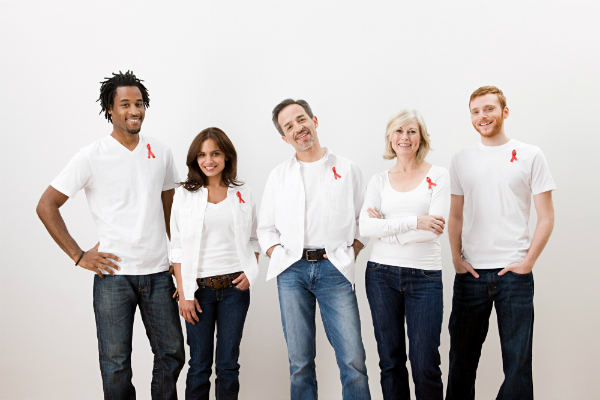After an HIV diagnosis, emotions of all kinds may flood your mind and threaten to derail your treatment plan. Knowing how to mitigate these feelings will set the stage for continued wellness in the face of this diagnosis.
As you head into the treatment phase after an HIV diagnosis, common feelings of shock and disbelief tend to give way to a stronger emotional response. To best stay on track with your HIV treatments, you must face these emotional impacts head-on and develop healthy coping skills in response. You can help ensure that your HIV treatments offer continual positive outcomes by managing your emotional state. Learning what emotional impacts to expect throughout this process can help you cope as you visit your community health center in Arkansas for HIV treatments.
Stages of grief after diagnosis
The process of moving through the five stages of grief often begins upon receiving an HIV diagnosis. You might find yourself feeling denial, and then anger, in the earliest days after diagnosis. The bargaining and depression stages can last much longer, even though the first few months of treatment. Reaching a state of acceptance may take months or even years, as you reach a state of relative wellness through your treatment appointments.
Fear, Anxiety, and Stress
Fear, anxiety, and stress bubble up to the surface as you cope with the reality of living with HIV. Even after temporarily calming these emotions, they may arise again as you experience side effects from treatment medications or simply move onto the next phase of the care process. Your commitment to acquiring quality medical care and support from your treatment team can alleviate your concerns and calm the fear, anxiety, and stress you may feel at any given time.
HIV-Associated neurocognitive disorders
HIV treatment medications, and the disease progression itself, can harm your neurocognition function, resulting in difficulties regulating your emotions. You might notice mood swings, irritability, confusion, or memory difficulties as this problem develops through the course of treatment. Thankfully, you can actively work with your HIV treatment team to reverse these emotional and cognitive issues.
Increased need for healthy coping skills
Your HIV treatment team will help you develop healthy coping skills that assist with your journey through the care process. You can even ask, “Where is the nearest primary care physician near me in Arkansas?” to receive a comprehensive answer and build your support team even more. You may be encouraged to pursue new or existing hobbies, create a healthy support system, and build a smart sleep schedule. All of these tactics can help you move through treatment without sabotaging your efforts with maladaptive methods of coping.
Visiting your community health center in Arkansas
If the question, “Where can I find an HIV treatment center near me in Arkansas?” ever entered your mind, you may benefit from making an appointment with ARcare. You can schedule an appointment with a skilled provider by filling out our online form. Contact us by calling (866)-550-4719 today. We will help you acquire the care and support you need to manage your health conditions and achieve wellness throughout your life.
